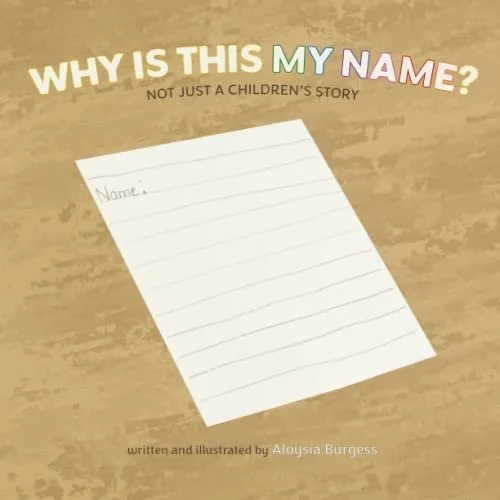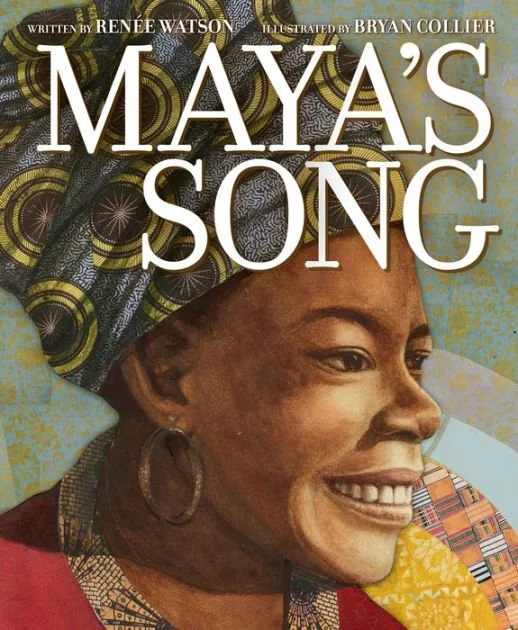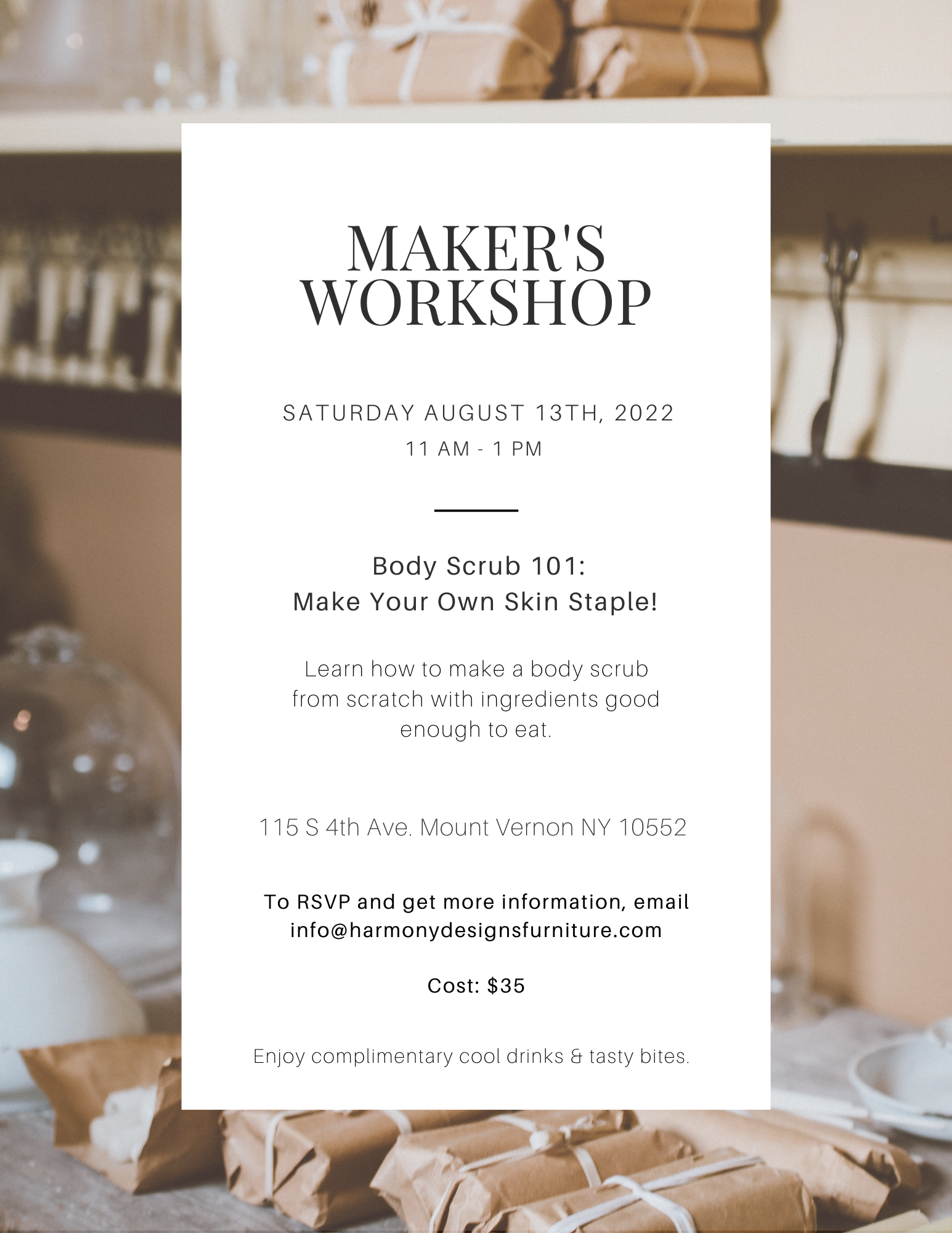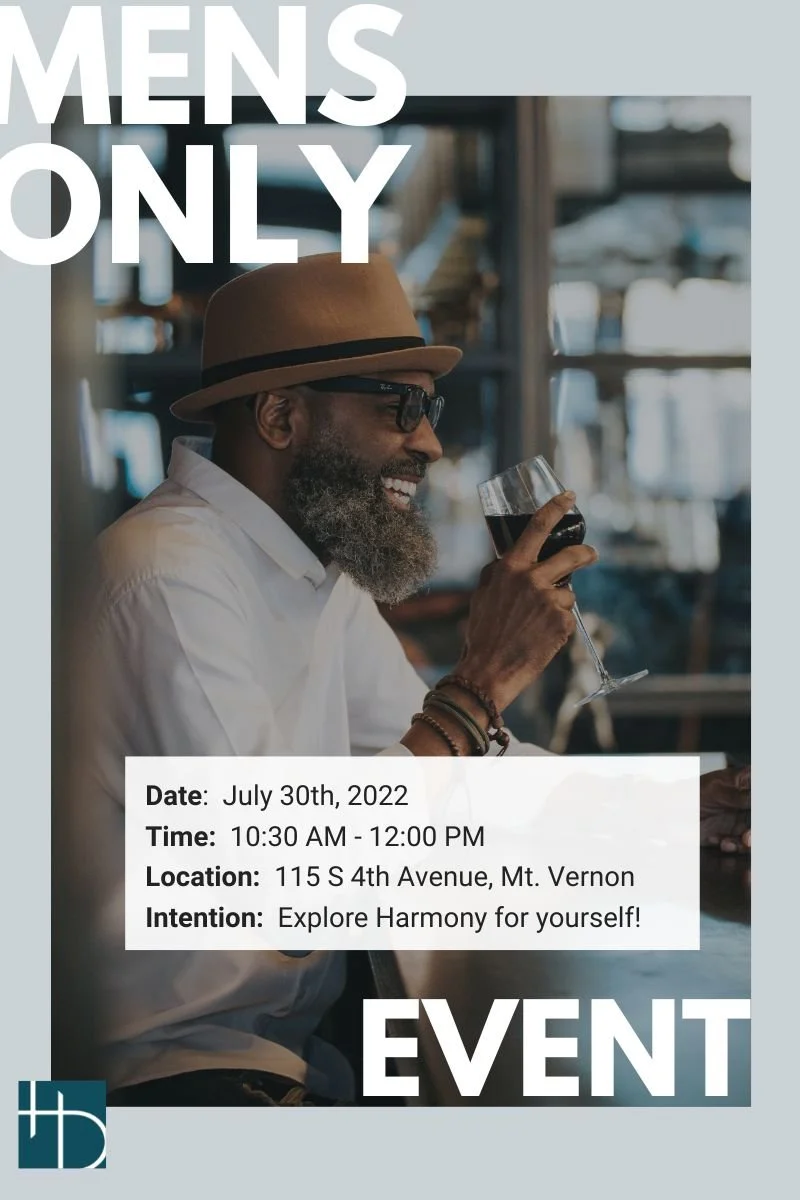
Happenings We Love

Annual Holiday Open House
RSVP TO: INFO@HARMONYDESIGNSFURNITURE.COM
Cheers!
It’s been a few years since our last holiday open house and we’re thrilled to host it once again.
Bryan Collier: Book Signing
Join us for a Reading, Conversation & Book Signing with Renown Children Book Author & Illustrator; Bryan Collier on his latest project: Maya’s Song.
Maker’s Workshop
Let’s take a moment for ourselves...we deserve it!
Menu
Water infusion for glowing skin — blueberry + basil
Mango black iced tea with hibiscus + rosehips + lemon
Charcuterie board
All raw ingredients including essential oils and glass jars will be provided.
“National Association of Women Business Owners” New York City Chapter (NAWBO-NYC)
Tune in to this podcast episode to listen to Robin H. Myers share her insights as a woman business owner and active member in local government.
Sale on Sustainable Items
INSTORE & ONLINE 15%
OFF PURCHASE OF $50 OR MORE. CODE: LOVEOUREARTH

A Daylong Celebration—Before Yesterday We Could Fly: An Afrofuturist Period Room
Explore Afrofuturism through a day of art making, storytelling, gallery chats, and artist conversations related to Before Yesterday We Could Fly: An Afrofuturist Period Room.
Free with Museum admission; admission is free for children under 12 with an adult. Note: Advance registration is required where noted.
Stop by the Welcome Table in the Ruth and Harold D. Uris Center for Education on the ground floor to pick up a free Met Bulletin related to the exhibition (one per family while supplies last).


Before Yesterday We Could Fly: An Afrofuturist Period Room Virtual Opening
An Afrofuturist Period Room Virtual Opening: WATCH HERE
"Before Yesterday We Could Fly: An Afrofuturist Period Room," like any of The Met’s period rooms, is a fabrication of a domestic space that assembles furnishings and objects to create a fiction of authenticity. Rather than affirm a fixed moment in time, however, this structure reimagines the immersive experience of the period room by embracing the African diasporic belief that the past, present, and future are interconnected.
Join us for a virtual tour of this exhibition whose narrative is generated by the real, lived history of Seneca Village, a vibrant community founded predominantly by free Black tenants and landowners that flourished from the 1820s to the 1850s just a few hundred yards west of The Met’s current site. In 1857, the City of New York destroyed Seneca Village, using eminent domain to seize land for the construction of Central Park, displacing its residents and leaving only the barest traces of the community behind. Acknowledging that injustice, the exhibition asks: What if this community had the opportunity to grow and thrive? Powered by Afrofuturism—the inspirational, creative mode that centers Black imagination and self-determination—the exhibition transforms a 19th-century domestic interior into a speculative future home for Seneca Village residents, only one proposition for what might have been had the community been allowed to thrive into the present and beyond.







